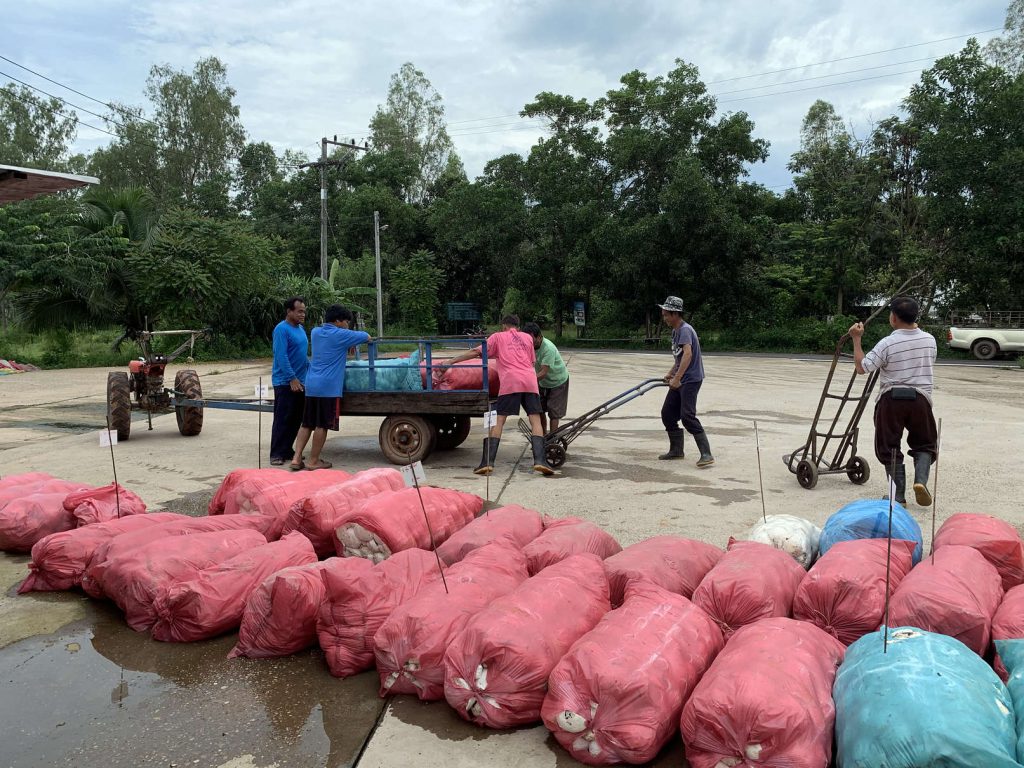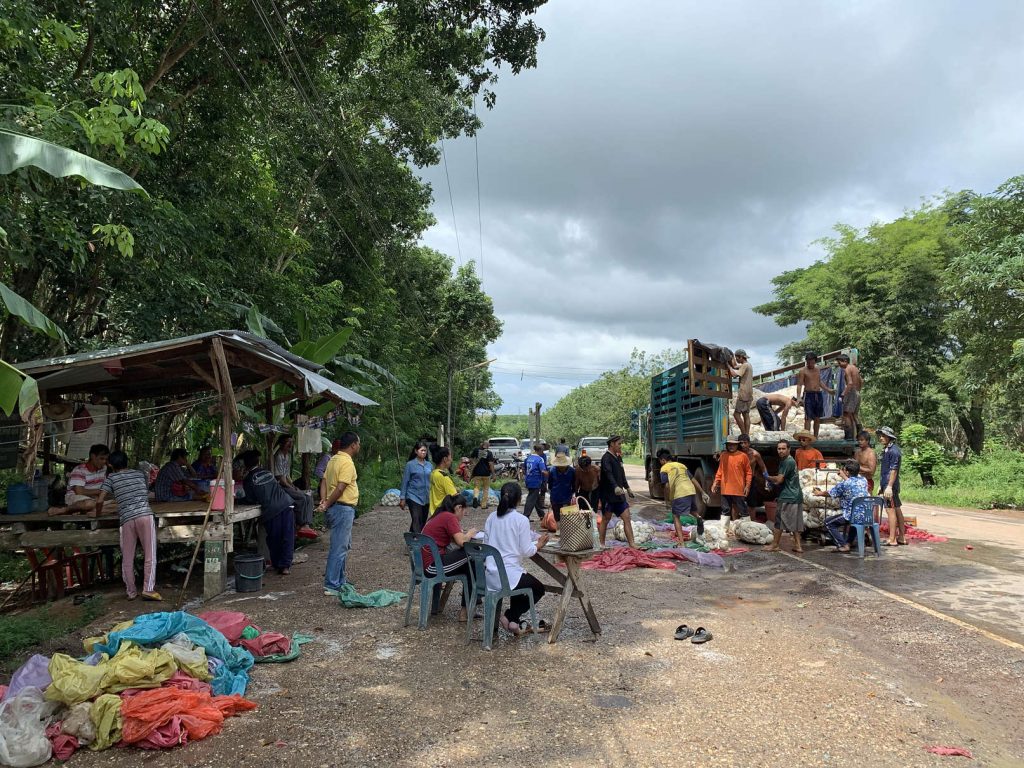ウンマ理解から見る近現代中国ムスリムのイスラーム ――時子周と馬堅の比較を例に――
研究全体の概要 従来、クルアーンの中で語が意味論的にどのように機能するかについては多数の研究が蓄積されてきたが、アジア地域、特に中国に注目する研究は不足している。今回の調査の目的は、国立国会図書館関西分館に所蔵する史料を元に、激動している…

To increase rubber prices for rubber smallholders through improved rubber quality, the Government of Thailand established smallholders’ cooperatives in the 1990s and provided grants for smokehouses and other facilities for processing latex into ribbed smoked sheets (RSS) via unsmoked sheets (USS).
Angthong and Fujita (2019) found that the cooperatives in South Thailand accomplished their goal as members obtained higher rubber prices owing to higher income/profit per unit area.
In contrast, rubber smallholders in Northeast Thailand did not receive government grants for establishing smokehouses, and as a result, they mainly produce cup-lump and sell it through their cooperatives. What is the role of the cooperatives in such circumstances, and how can they compete with private-sector enterprises in that area?
To investigate 1) the current status of members and non-members in Northeast Thailand, and 2) the limitations/challenges faced by non-members in participating in the cooperatives in this area.

Cooperative members are younger and more educated than non-members. Approximately 70% of rubber smallholders had rubber-planted land of less than 20 rai (3.2 ha). There appear to be differences in tapped rubber land between members (14.2 rai= 2.3 ha) and non-members (15.1 rai= 2.4 ha), but with no statistical significance.
Regarding rubber products, both members and non-members sold only cup-lump. However, through an auction system and quality control at the cooperative, members enjoyed significantly higher unit prices (29.8 baht/kg.) than non-members (27.5 baht/kg.). Consequently, members’ income (7,738.4 baht/rai) and profit (2,167.1 baht/rai) per unit area were significantly higher than that of non-members (6,328 baht/rai for income and 1,086.1 baht/rai for profit). Moreover, although the cooperatives in Northeast Thailand do not face constraints on increasing the number of members as they have no capacity limitation for rubber auctions, many rubber smallholders are reluctant to join because the cooperative organizes rubber auctions only twice a month. Rubber smallholders who need immediate cash prefer to sell their rubber to private traders who buy rubber every day.
I have almost finished collecting the necessary data through field work for my doctoral thesis. I will begin writing the thesis by the next academic year. Meanwhile, I will also submit part of the thesis to some academic journals.
【1】Angthong, S. and K. Fujita. 2019. Can Cooperatives Improve the Incomes of Rubber Smallholders in Thailand? A Case Study in Chumphon Province. Asian and African Area Studies, 18(2): 135-156.
Copyright © 附属次世代型アジア・アフリカ教育研究センター All Rights Reserved.